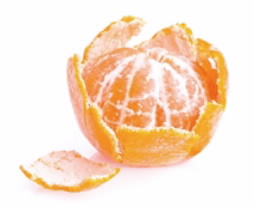EMBARGOED FOR RELEASE | August 21, 2012
Scientists find protein that promotes cancers, heart disease; create substance to block its effects
Note to journalists: Please report that this research was presented at a meeting of the American Chemical Society.
PHILADELPHIA, Aug. 21, 2012 — Strong scientific evidence suggests that high levels of a blood protein called galectin-3 may increase the risk of heart attacks, cancer and other diseases, and help forecast the outcome of those diseases, a scientist reported here today at the 244th National Meeting & Exposition of the American Chemical Society, the world’s largest scientific society.
Isaac Eliaz, M.D., who outlined the scientific case against galectin-3, said a new galectin-3 blood test approved by the U.S. Food and Drug Administration can be useful in determining the risk and prognosis of numerous diseases. His presentation also included evidence that modified citrus pectin, produced from the white pulp inside orange peel and other citrus fruit, can bind and block excess galectin-3 activity.
Media Contact
During Aug. 17-23, the contacts can be reached at 215-418-2086.
Michael Bernstein
202-872-6042
m_bernstein@acs.org
Michael Woods
202-872-6293
m_woods@acs.org
The body cannot absorb natural citrus pectin, which passes through the GI tract undigested, Eliaz explained. Modification permits its absorption into the blood, where it blocks the negative effects of galectin-3, he added.
Eliaz said his conclusions were based on evidence from clinical trials involving close to 8,000 people.
To automatically receive news releases from the American Chemical Society contact newsroom@acs.org.
###

and other citrus peels can block galectin-3, a
protein linked to disease.

